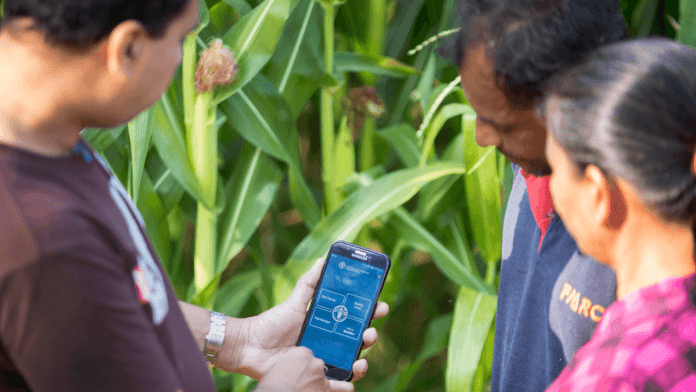News in Brief:
– FAO highlights the pivotal role of technology in safeguarding plant health during the International Day of Plant Health, emphasising its significance in confronting climate change challenges.
– With up to 40% of food crops lost annually to pests and diseases, the agency highlights the profound impact on local farmers and underscores the importance of stringent biosecurity measures in international trade.
During its commemoration of the International Day of Plant Health, the Food and Agriculture Organization of the United Nations (FAO) emphasised the critical role of technology in safeguarding plant life, crucial for sustaining ecosystems globally.
Highlighting the significance of innovation, FAO Deputy Director-General Beth Bechdol stresses the necessity of leveraging technological advancements to confront pressing challenges like climate change. She emphasises the importance of digital systems in bolstering pest surveillance and early warning mechanisms, pivotal for agricultural production.
With up to 40% of food crops lost annually to pests and diseases, the implications for global food security are profound. This reality reverberates particularly within local farming communities, where agriculture serves as a primary income source. Climate change exacerbates these challenges, further threatening crop productivity and livelihoods.
Rapid growth in international trade and travel heightens the risk of spreading plant pests and diseases across borders. FAO underscores the imperative of ensuring that trade does not inadvertently facilitate the transmission of harmful pathogens, underscoring the need for stringent biosecurity measures.
Technological solutions to plant health issues
FAO’s efforts encompass a spectrum of technological interventions aimed at safeguarding plant health. These include initiatives to conserve genetic resources, develop resilient crop varieties, and implement sustainable pest management strategies. Notably, FAO employs cutting-edge tools such as Geographic Information Systems and smartphone apps for real-time pest surveillance.
FAO’s interventions extend globally, with successful case studies like Ecuador’s fruit fly pest control system showcasing the efficacy of biotechnological solutions. Additionally, the adoption of the IPPC ePhyto Solution streamlines international trade processes, facilitating faster and safer exchange of agricultural goods.
On May 13, FAO will host a high-level event as part of its ongoing commitment to raising awareness about the crucial nexus between plant health, food security, and sustainable development.



